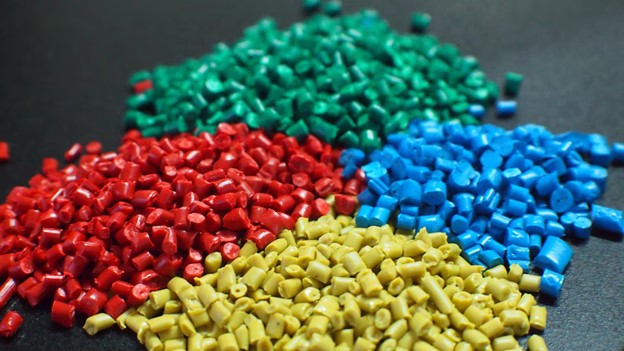PVC Compounds in Medical Devices
Polyvinyl chloride (PVC) compounds have become integral to the medical device industry, finding applications in a wide range of products due to their versatility, cost-effectiveness, and unique properties. This article aims to delve into the world of PVC compounds in medical device applications, exploring safety regulations, diverse applications, and the reasons behind the widespread adoption of PVC in the healthcare sector.

Understanding PVC Compounds:
Polyvinyl chloride is a synthetic polymer known for its excellent chemical resistance, durability, and cost-effectiveness. PVC can be rigid or flexible, depending on the specific additives and processing techniques used during its manufacturing. In medical device applications, flexible PVC compounds are commonly employed due to their ability to conform to complex shapes, making them suitable for a variety of healthcare products.
Safety Regulations:
- Biocompatibility: One of the paramount considerations in medical device applications is biocompatibility. PVC compounds intended for medical use must adhere to strict biocompatibility standards to ensure that they do not cause adverse reactions when in contact with living tissues. ISO 10993 is a widely recognized standard that outlines the testing procedures and requirements for evaluating the biocompatibility of medical devices.
- USP Class VI Compliance: The United States Pharmacopeia (USP) sets standards for the quality, purity, strength, and consistency of medical products. PVC compounds used in medical devices often need to comply with USP Class VI, ensuring that the materials are non-toxic and suitable for prolonged contact with body tissues.
- ISO 13485: This international standard specifies the requirements for a quality management system in the design, development, and production of medical devices. Manufacturers utilizing PVC compounds must adhere to ISO 13485 to ensure the safety and efficacy of their products.
Applications of PVC Compounds in Medical Devices:
- Intravenous Tubing and Containers: Flexible PVC compounds are widely used in the manufacturing of intravenous (IV) tubing and containers due to their excellent compatibility with various drugs and their ability to maintain the integrity of the pharmaceutical product.
- Blood Bags: PVC compounds play a crucial role in the production of blood bags. The flexibility and durability of PVC make it an ideal material for these critical medical devices, ensuring the safe storage and transport of blood and blood components.
- Medical Tubing and Catheters: PVC compounds find extensive use in the production of medical tubing and catheters, providing the necessary flexibility, chemical resistance, and biocompatibility required for these applications.
- Surgical Gloves and Gowns: PVC-coated fabrics are employed in the manufacturing of surgical gloves and gowns. These materials offer a balance between comfort and protection, making them essential in surgical settings.
Advantages of PVC Compounds in Medical Devices:
- Cost-Effectiveness: PVC compounds are economically viable, making them an attractive option for medical device manufacturers looking to produce high-quality products at a reasonable cost.
- Versatility: The versatility of PVC allows for the production of a wide range of medical devices, from rigid components to flexible tubing, addressing various application needs within the healthcare industry.
- Durability: PVC compounds are known for their durability, ensuring the longevity of medical devices and minimizing the risk of material degradation over time.
Challenges and Considerations:
- Plasticizer Concerns: The use of plasticizers in PVC formulations has been a topic of discussion, with concerns about potential leaching over time. Manufacturers address this concern by employing alternative formulations, such as the use of non-phthalate plasticizers.
- Disposal and Environmental Impact: While PVC compounds offer many benefits in medical applications, their disposal can pose environmental challenges. Recycling efforts and the development of more sustainable alternatives are ongoing to address these concerns.
Conclusion:
Polyvinyl chloride compounds have proven to be indispensable in the field of medical device applications, offering a unique combination of properties that meet the stringent requirements of the healthcare industry. Through adherence to safety regulations, constant innovation, and ongoing efforts to address environmental concerns, PVC compounds continue to play a vital role in enhancing the safety, effectiveness, and affordability of medical devices worldwide.
Contact for support!
Phone/Whatsapp: + 84 984 778 391
Email: neil@usmasterbatch.com








